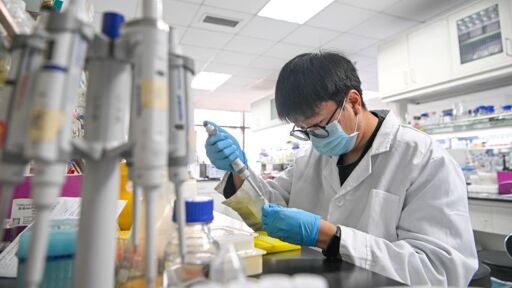A Princeton nuclear physicist. A mechanical engineer who helped NASA explore manufacturing in space. A US National Institutes of Health neurobiologist. Celebrated mathematicians. And over half a dozen AI experts. The list of research talent leaving the US to work in China is glittering – and growing.



Ummm… In China, prohibited or heavily restricted areas of research include democracy, human rights, Tibet, Xinjiang, Taiwan, Tiananmen, criticism of the Communist Party, censorship circumvention tools, human reproductive cloning, genetic modification of human embryos for reproduction, stem cell work beyond 14 days of embryo development, unapproved clinical stem cell applications, organ transplantation outside regulated systems, unauthorized cryptography, dual-use or national-security technologies, nuclear technology, unrestricted sharing of genomic or health data, foreign collaboration on sensitive datasets, and archaeological or historical research that challenges official state narratives.
Have you ever read the list of words you can’t use when applying for grants in the US? Here’s the list: https://www.forbes.com/sites/brucelee/2025/03/15/these-197-terms-may-trigger-reviews-of-your-nih-nsf-grant-proposals/
Imagine not being able to make research just because it focuses in the wrong topics according to the current government, topics like females, the climate crisis, mental health, racism and inequality.
What was that list in 2021? 😂